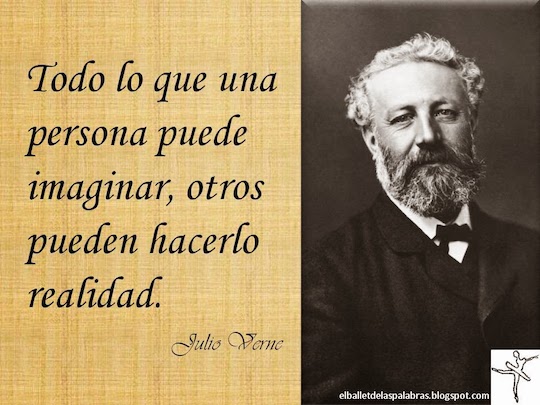Jules Verne (Jules Verne, Nantes, 1828 – Amiens, 1905). French writer who is considered to be the founder of modern science fiction literature. He was a true visionary, and he predicted the appearance of some inventions generated by the technological advances of the twentieth century with great precision in his fantastic stories. Some of these predictions include the television, helicopters, submarines and spacecrafts.
In his stories, countless adventures are lived in different contexts, some imaginary and others real, which are the result of all of his trips and investigations.
One of his most famous books is Journey to the Center of the Earth. In it, in chapter 44, we find a passage dedicated to the lands of the Mediterranean, where he narrates how «a charming country covered with olive trees, pomegranates and vines» had appeared before them.
In this chapter, he refers to “the olive tree forest”, a term that is now used to describe the landscape of the province of Jaen, which contains the largest forest planted by men in the world.
Many texts by Verne, which had already been rapidly popularized during the author’s lifetime, are among the great classics of children’s and youth literature of the twentieth century. His later work includes The Eternal Adam (1910) or The Barsac Mission (1920). In these works, Michel Butor, who is quite an unconventional critic, saw a deeper and more skeptical Verne than normal. He saw someone that tended to distrust the consequences that the incessant progress of technology and science could bring to human beings.

